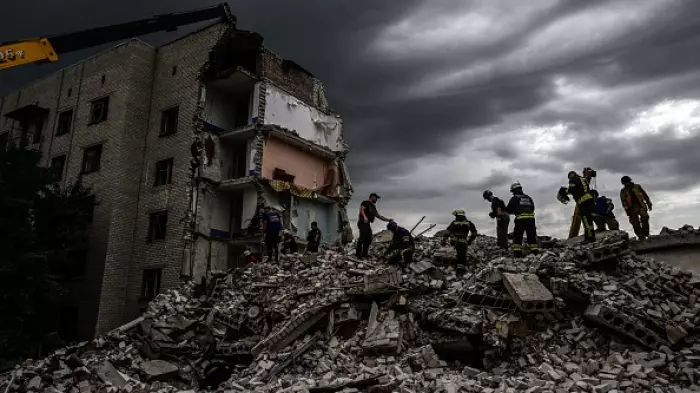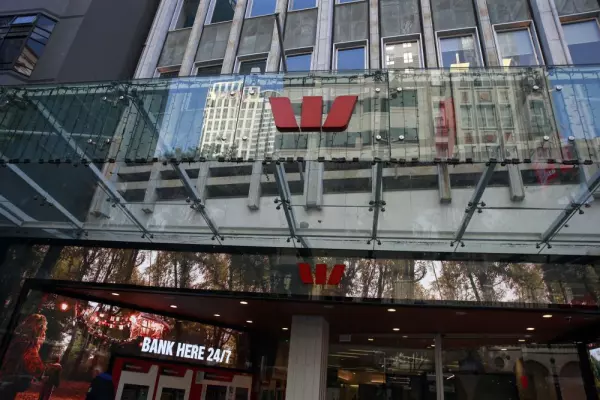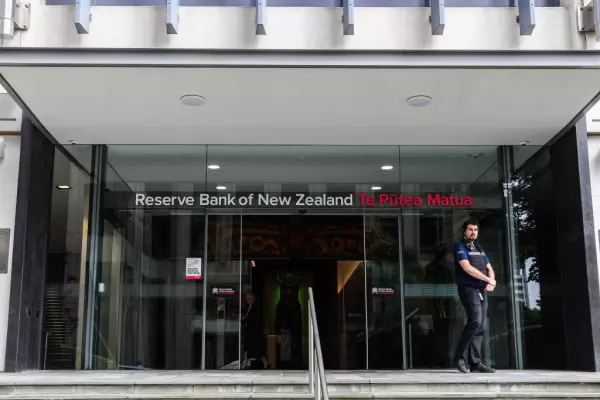The Du Val property group says it hasn’t yet formally engaged with either the New Zealand stock exchange or the Financial Markets Authority (FMA) ahead of its planned initial public offering (IPO).
That was confirmed in a letter from Du Val Capital Partners (DVCP) chair Owen Culliney to investors in the group's mortgage fund last month and comes as those same punters find their funds effectively frozen until the group finalises its plans for the listing.
DVCP sold units under its mortgage fund to investors classed as ‘wholesale’ over the past two years, at a minimum buy-in of $250,000.
The units are backed by a portfolio of nine apartment developments in South Auckland which Du Val estimates at $750 million. Its biggest completed development, the 151-unit Lakewood Plaza in Manukau, finished in October 2020, has had significant build delays and cost overruns since work started in 2017.
The firm has also tapped into $100m of institutional funding supplied out of Canada's Fiera Capital in efforts to finish three of its Auckland townhouse developments, during the current property downturn.
The investment offered a fixed return of 10% per year, paid quarterly.
But after DVCP offered the ‘right’ to convert their $1 units for $1.25 each in December, those quarterly payments dried up last month.
Culliney, also a partner at Hamilton-based legal firm iCLAW – which counts Du Val amongst its clients – has left the door open to either a listing on the NZX or “another registered exchange”.
That's seen a number of frustrated investors air their complaints directly to the FMA, after their requests to exit the fund fell on deaf ears.
Stonewalled
The FMA, for its part, said it had certainly received complaints and was “aware of the process being undertaken by Du Val,” but it wasn’t in a position to comment on whether or not it has an open investigation into either Du Val Capital Partners or the group itself.
Three investors, who put a combined $1.5m into the fund during 2021, have contacted BusinessDesk. All have asked not to be named, because they signed non-disclosure agreements with Du Val.
All have also had written requests to exit the fund stonewalled. One south Auckland investor, who holds $800,000 worth of units bought in February 2021, requested a partial exit in October.
In response a few minutes later, Du Val Capital Partners manager of investor relations Ben Good noted while there had been a few investors who had applied to exit, the firm was awaiting “liquidity events” before paying them out.
Good said one such event was expected to occur during the fourth quarter of 2023, based on the “current project timeline” but withdrawals would rely on a first-in-first-served process.
He also noted that whether the payment was in part or in full “isn’t relevant”, as it is subject to the availability of capital in the fund to facilitate an exit at each liquidity event.
“We cannot unfortunately jump clients ahead of the queue based on the amount they are wanting to withdraw.”
Formal warning
When asked by BusinessDesk to define a 'liquidity event', a Du Val spokesperson said it related to project completion, and as loans were repaid “as provided under the limited partnership agreement”.
As it turned out, Good’s response to the investor came just a day prior to a formal warning issued to Du Val Capital Partners by the FMA. That was on the basis that the firm did not give disclosures to investors and “relied on wholesale investor exclusion” where it wasn't entitled to.
That warning also came on the back of incomplete eligible investor certificates, and the inference that investors didn’t refer to any experience in buying or disposing of financial products.
Undaunted, Good authored another note to clients on Jan 17, noting that the board of directors of Du Val Capital Partners and the general partner had passed a resolution that the fourth-quarter distribution, which would have been due for payment on Jan 20 “shall not be paid in cash but shall be capitalised and added to investor’s unit holdings”.
He noted that all subsequent distributions would also be halted.
Du Val Capital Partners chair Culliney again wrote to investors on Feb 8, to ‘clarify’ the arrangement, and also to tell them that any potential listing is not certain, given that no “formal engagement” with the stock exchange or the FMA, has taken place to progress any formal listing.
How is someone who relies on interest income a wholesale investor?
“At this point in time there is no legal basis for DVCP to compel limited partners in the mortgage fund to exchange their interest for shares in the new corporate entity.”
But, he said, in the event that the new entity does list on the NZX or another registered exchange, this “may result in the cancellation of partnership interest in exchange for shares of equivalent value in the listed entity”.
All the investors BusinessDesk has spoken to, meanwhile, classed themselves as ‘income’ investors, because they relied on the fund’s interest payments.
What the fund is actually worth today is anybody’s guess. But in October 2021, Du Val founder Kenyon Clarke told the NZ Herald the fund had raised about $20 million.
Even assuming the fund had not increased in value, that presumes an annual payment of $500,000 per quarter.
Under the terms of the partnership agreement, the fund was seeking subscriptions for a total sum of $100m, with all the units distributed to investors. Under that scenario, payments at 10% would equate to $10m per year, or $2.5m per quarter.
In the meantime, the group said it has made three redundancies since the start of the year of its employee role of 120. But, it said it was recruiting for senior positions in its construction team.
How successful that recruitment process will be is also anybody’s guess.















